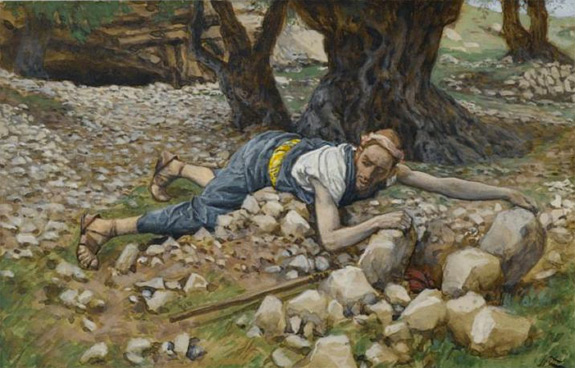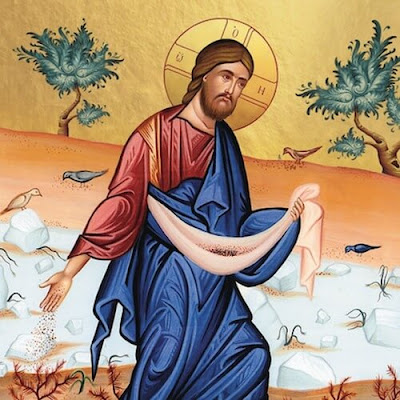Homily for the Feast of the Transfiguration, August 6, 2023, Year A

Fr. Charles Irvin Diocese of Lansing ( Click here for Sunday’s readings ) Homily adapted from Fr. Irvin's reflection on the Transfiguration of Christ, "A Time for Transformation". ---------------------------------------------------------------------------------------- After Adam and Eve sinned, God cursed the serpent and declared that his head would be crushed by a descendant of Eve. It was God’s promise that He would send us a savior, a messiah. During His Transfiguration, our Lord speaks with Moses and Elijah. Moses, of course, led God’s people out of their slavery in Egypt to the Promised Land, God’s kingdom. Elijah the most beloved of all the Jewish prophets is closely related to the redemption of Israel and to God’s promised Messiah. In this Gospel account we find Jesus about to enter Jerusalem where, in fulfillment of God’s will, He will suffer and die while ushering in God’s heavenly kingdom, a kingdom transcending any earthly kingdom. Note that Jesus took

%20COMPRESSED.jpg)



